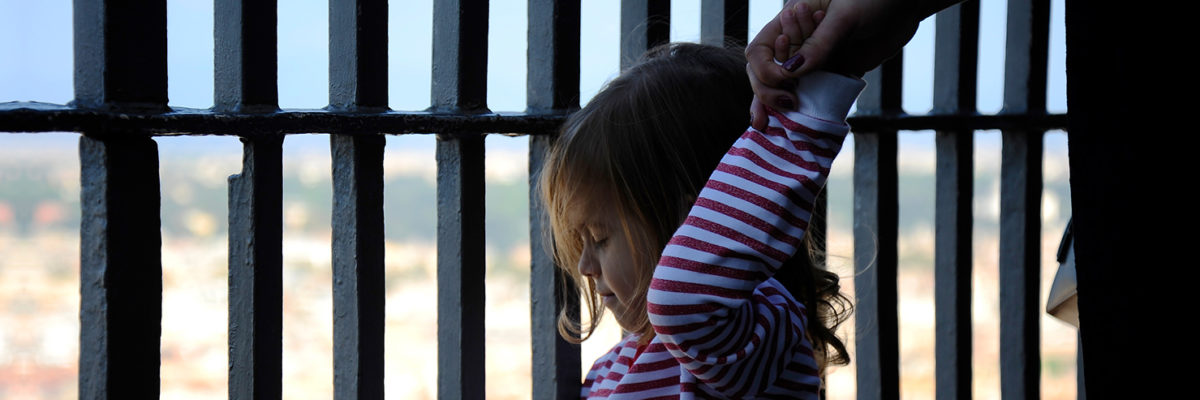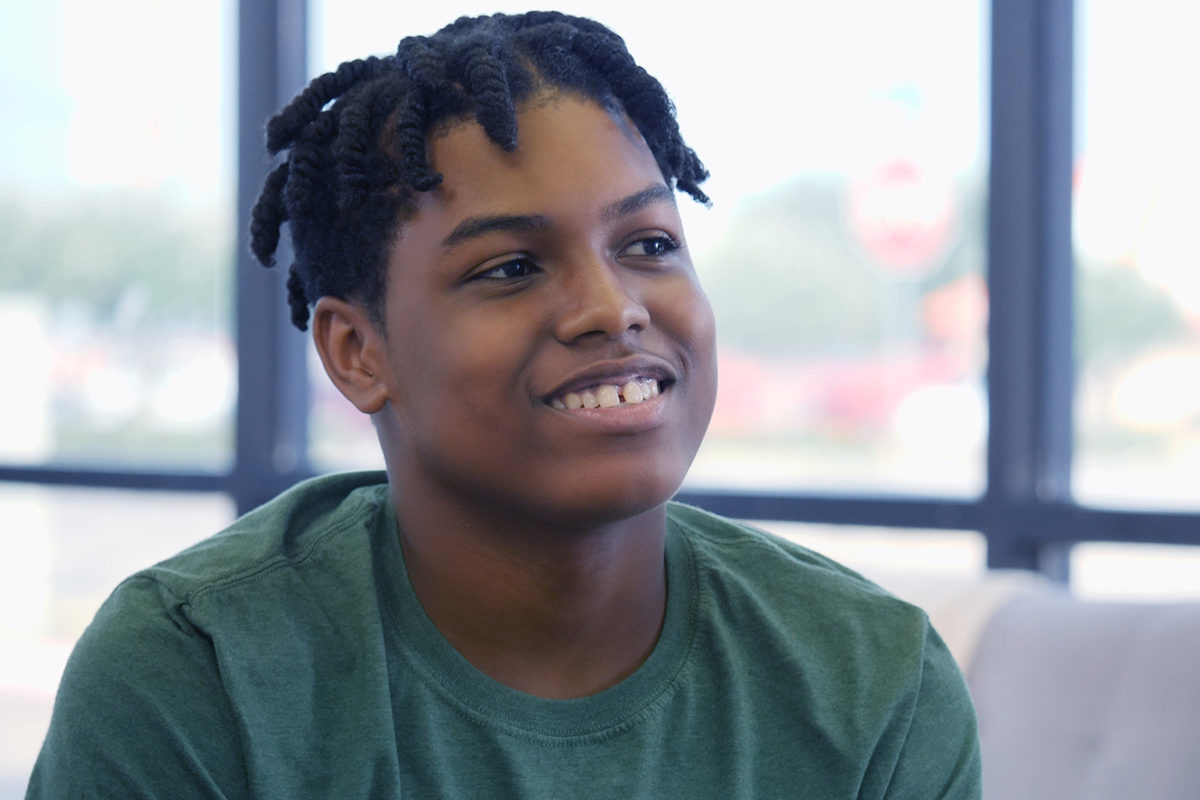Many children in the child welfare system have had an incarcerated parent even if it was not the reason they entered care.


Many children in the child welfare system have had an incarcerated parent even if it was not the reason they entered care.
A prison or jail sentence for a parent can be a shared sentence for their child: it is a significant, potentially traumatic experience that can mark a child for life. Having an incarcerated parent is one of several experiences known as “adverse childhood experiences (ACEs),” which have been shown to impact children’s physical and mental health, education and more, even through adulthood.
Most children with an incarcerated parent live with the other parent or a relative, but having a parent who is incarcerated is one reason a child may enter foster care. In fiscal year 2018, nearly 20,000 children entered foster care in part because of parental incarceration.
Additionally, many children in the child welfare system have had an incarcerated parent even if it was not the reason they entered care.
CASA and GAL volunteers advocate for services and circumstances that help children deal with the potential negative impacts of parental incarceration. They can help children maintain positive relationships with a parent who is incarcerated or reintegrating into society. They can also help locate relatives and close family friends who may be good alternate placements for children.
Children whose parents are incarcerated are at risk of negative outcomes even if they are not in foster care. These realities can make it harder for them to cope with other difficult circumstances in life.
National CASA/GAL has provided grant funding to CASA and GAL programs around the country that are doing innovative work on behalf of children impacted by this issue:

CASA and GAL volunteers can change the lives of children who have an incarcerated parent.